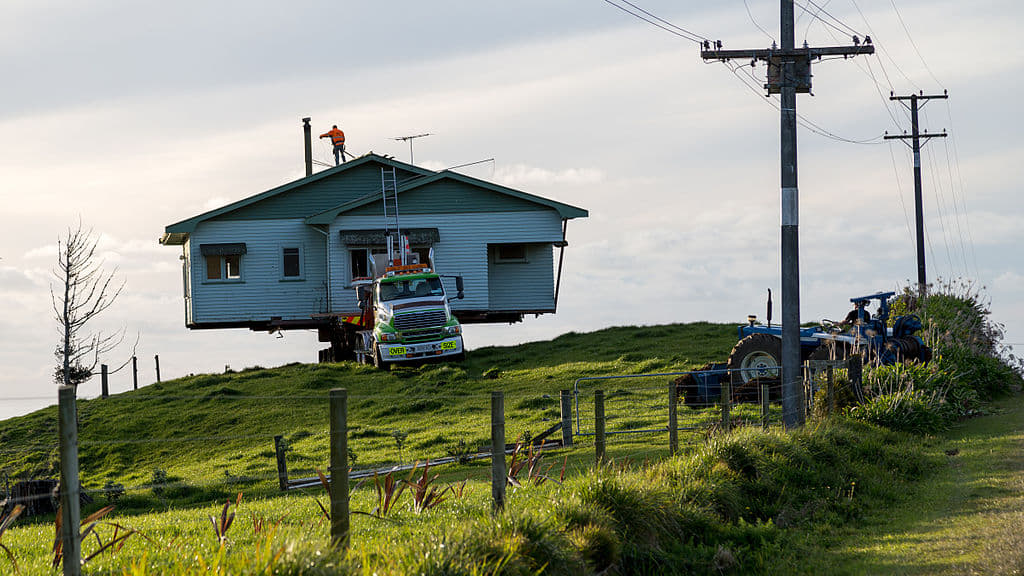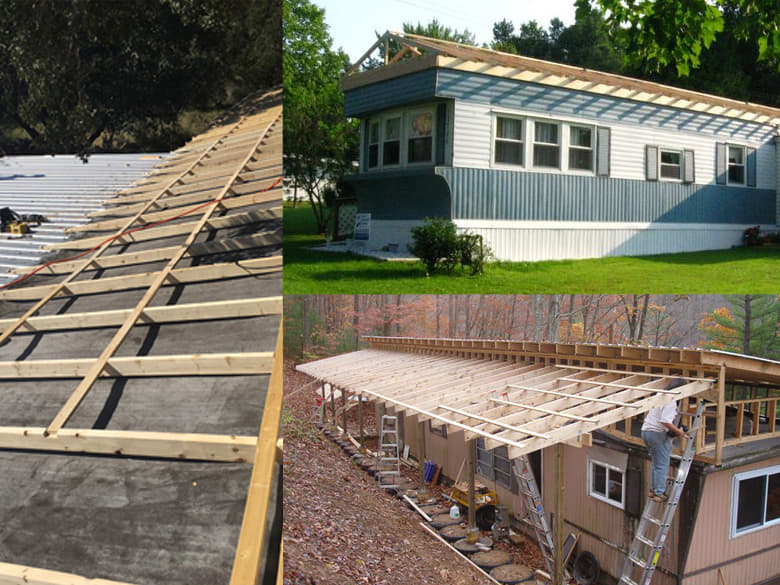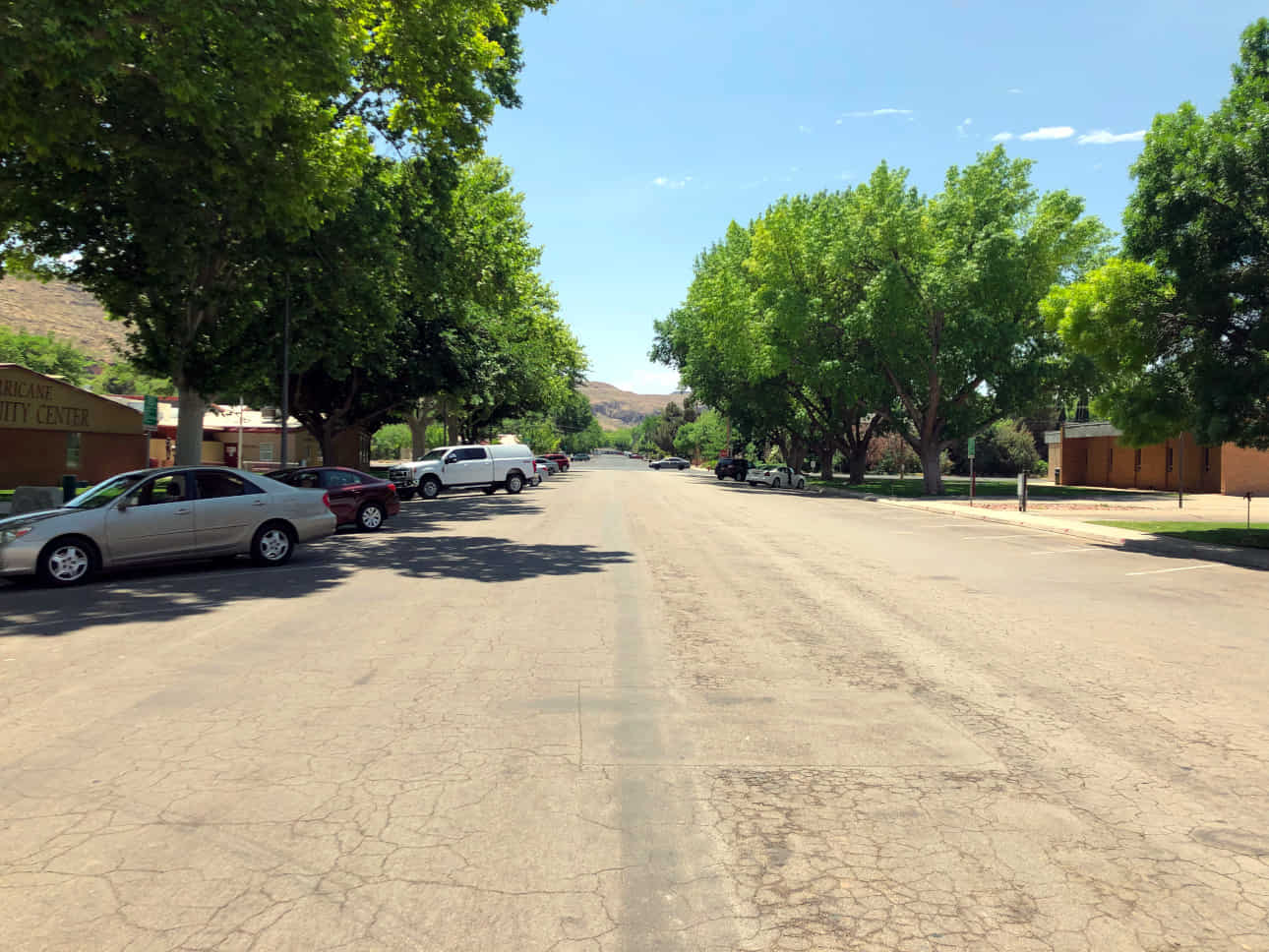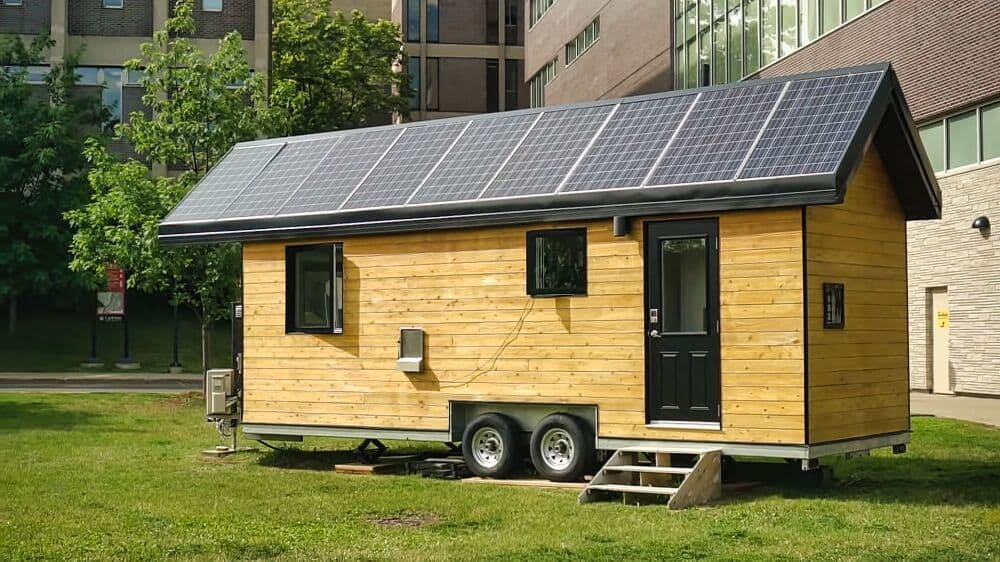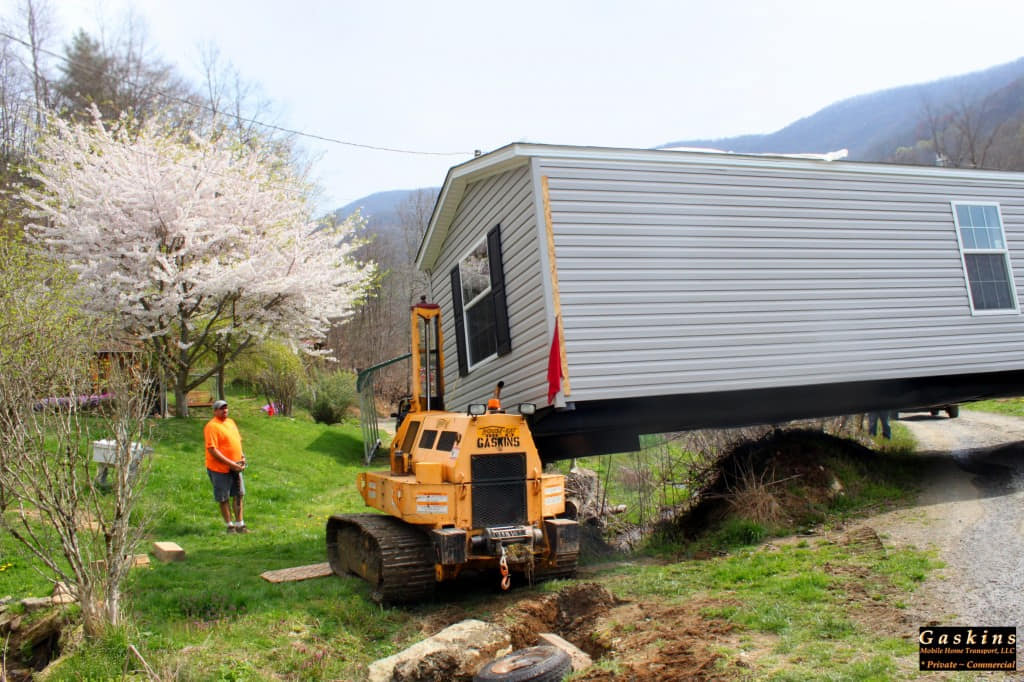Are you in the market for selling your mobile home without land? Thankfully, it is possible to do so with some patience and research. There are a few tried-and-true steps that you can follow that will help maximize your success when selling your manufactured home. Read on below for vital information on how to properly sell your mobile home without land and get top dollar in return!
Gain Insight into Your Local Real Estate Market
The local real estate market is a dynamic environment that can have an impact on the mobile homes market. It's possible that you reside in an area where there is a high demand for homes, resulting in a seller's market. This means that the demand for housing exceeds the available supply, attracting numerous homebuyers.
In such circumstances, you are likely to encounter a larger pool of potential buyers seeking mobile homes, whether with or without land. Consequently, the demand for your property will increase, offering more opportunities to find the right buyer. Conversely, if the local real estate market in your area is below average, indicating a limited number of buyers searching for homes, there might be an excess of properties compared to the scarcity of buyers who can afford to pay in cash or obtain financing from a bank. Consequently, you may encounter difficulties in locating the appropriate buyer for your home.
Consider the Legal Aspects of Selling a Mobile Home
When selling a mobile home without the accompanying land, it is crucial to be aware of the legal procedures involved. These steps typically include:
- Converting the title of your manufactured home from real property to personal property.
- Requesting a new title from either the Department of Motor Vehicles (DMV) or the county clerk's office.
- Hiring an accredited mobile home appraiser to assess the value of your mobile home.
If you are uncertain about the specific legal requirements for selling your home, it is advisable to seek guidance from your local county clerk or DMV office.
Fortunately, selling a mobile home without land can be a less complex process since the home is already titled as personal property rather than real estate. However, it is still necessary to obtain permission from the mobile home park owner before proceeding with the sale.
Consider the Role of the Park Owner
The involvement of the park owner is a crucial factor when selling your mobile home. The park owner holds the authority to approve or reject a prospective buyer based on the park's rules and regulations.
In some cases, the park owner has the right of first refusal, which allows them to purchase your mobile home by matching the offer made by the potential buyer. However, there are certain exceptions to this rule. For instance, when transferring the home to a family member, the right of first refusal may not apply.
Determine the Right Asking Price
While the legal aspects of selling a mobile home without land are essential, it is also important to determine the right asking price. An overly high asking price could scare away potential buyers, while too low of a price might indicate that your home may need significant repairs or renovations. Therefore, you should take into account factors such as the condition and age of your manufactured home, as well as comparable properties in your area.
Additionally, since appraisals are not typically required for personal property titles, an experienced real estate agent can help provide valuable insight into pricing your mobile home optimally.
Market Your Home Effectively
Once you have determined the appropriate asking price for your mobile home without land, marketing effectively is the next step in getting top dollar for your manufactured home. This includes utilizing traditional marketing tactics such as newspaper ads, open houses, and flyers, as well as leveraging digital platforms like social media and online classifieds.
Also, when posting online, consider featuring photos of the interior and exterior of your home to draw in potential buyers. Additionally, listing amenities such as a covered porch or spacious kitchen will help attract more interest in your property.
Ensure Proper Documentation for a Smooth Sale
Before finalizing the sale of your mobile home, it is essential to have all the necessary documentation in order. The following documents are typically required by the buyer:
- A copy of the seller's Mobile Home Act written statement.
- A copy of the mobile home park or community rules.
- Comprehensive information on the relevant park charges, including utilities (power, water, gas), sewerage, garbage, parking space, and any other amenities provided by the park.
- If available, a copy of the manufactured home warranty.
- A copy of the structural survey conducted on your mobile home within the past 12 months prior to the sale.
In case you are unable to provide any of these documents, it is important to provide a written explanation for their absence. Additionally, you will need to sign a Schedule 2 Notice of Proposed Sale Form with the potential buyer. This form serves as a notification to the park owner about your intention to sell your mobile home.
The park owner has a specific timeframe to either accept or object to the sale. The most common reason for objection is when the buyer fails to meet the park's requirements. If the owner does not raise any objections within the designated period, you are free to proceed with the sale.
Close The Deal Once You Find The Right Buyer
Once you have found a willing buyer and successfully completed all the required processes, it is time to proceed with the closing of the sale. To complete the purchase, you will need to sign a Schedule 4 Assignment Form, which serves to transfer your occupation agreement to the buyer.
During the closing, the buyer will provide you with the agreed-upon payment, including any applicable commissions for the park owner. In cases where owner financing is involved, it is crucial to ensure that the buyer includes your name as a lienholder when transferring the title. The lien should only be removed once the owner has fulfilled the payment obligations of the loan.
Closing on a manufactured home involves fulfilling the necessary paperwork and financial transactions to formally transfer ownership. By following these steps, you can effectively conclude the sale and fulfill your responsibilities as the seller.
FAQs about How Can I Sell My Mobile Home Without Land?
Is a real estate appraisal necessary for selling my mobile home without land?
No, an appraisal is not typically required for personal property titles. However, it is advisable to seek guidance from your local county clerk or DMV office about the specific legal requirements for selling your mobile home.
How do I determine the right asking price for my mobile home?
When pricing your manufactured home, take into account factors such as the condition and age of your manufactured home, as well as comparable properties in your area. Additionally, you may consider seeking advice from an experienced real estate agent who can provide valuable insight when setting the right asking price.
What documents should I have ready prior to the sale?
The following documents are typically required for the sale of your mobile home without land: a copy of the seller's Mobile Home Act written statement, a copy of the mobile home park or community rules, comprehensive information on the relevant park charges, a copy of the manufactured home warranty (if available), and a copy of the structural survey conducted within 12 months prior to the sale. Additionally, you will need to sign a Schedule 2 Notice of Proposed Sale Form with the buyer.
How do I transfer ownership after finding a willing buyer?
To close on your mobile home sale, you will need to sign a Schedule 4 Assignment Form with the buyer. During this process, they should provide payment according to the agreed-upon terms and any applicable commissions for the park owner. Additionally, if you are offering owner financing, it is important to ensure that your name is listed as a lienholder when transferring the title. The lien should only be removed once all payment obligations have been fulfilled by the buyer.
What happens if the park owner objects to the sale?
If the park owner does not raise any objections within the designated timeframe, you can proceed with closing on your mobile home sale. However, if they do object to the sale, it is typically because of an issue with meeting their requirements (such as insufficient credit or background checks). In this case, you will need to address these issues before closing on the sale.
Conclusion
Selling your mobile home without land can be a daunting task. However, by following the necessary steps and doing your research, you can successfully complete the process and get top dollar for your manufactured home. Be sure to seek advice from experienced real estate agents or attorneys when in doubt so that you can confidently proceed with the sale of your mobile home. Thank you for reading! We hope this article was helpful in answering the question How Can I Sell My Mobile Home Without Land
